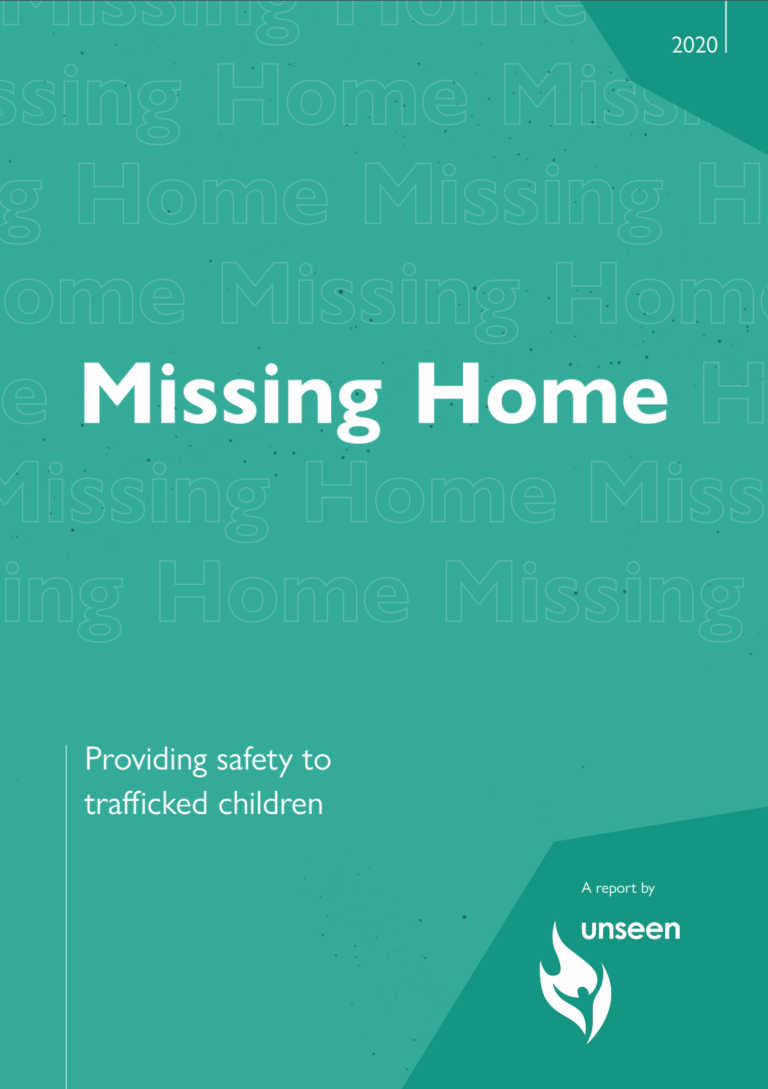Action plan for developing victim-centred and trauma-informed criminal justice systems
GuidancePublicationsThe Action plan aims to give ideas and examples for developing victim-centred and trauma-informed criminal justice systems. The Action plan compiles concepts from research, reports, and past projects as well as examples of models and ways of working...Read More

